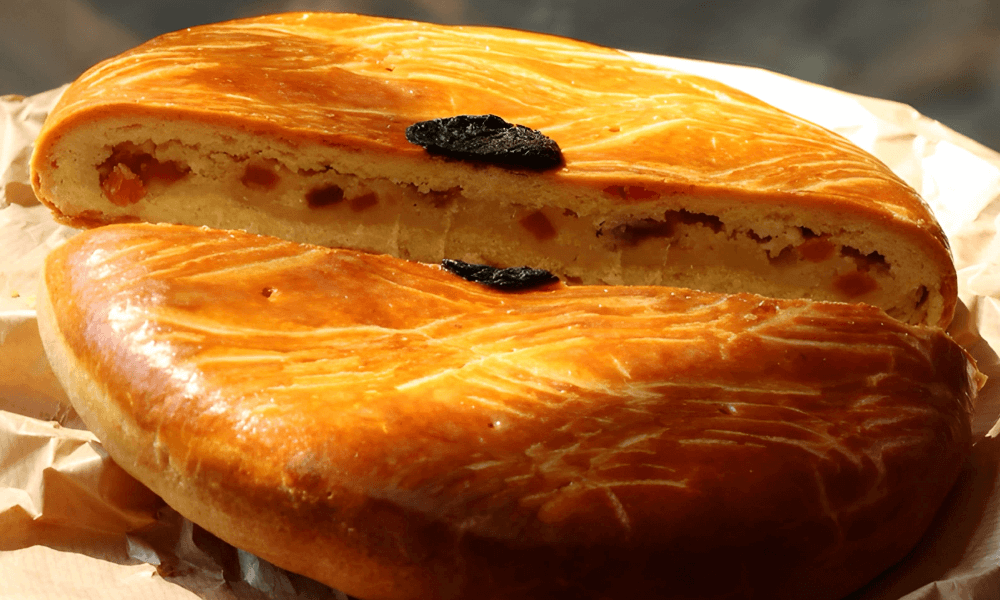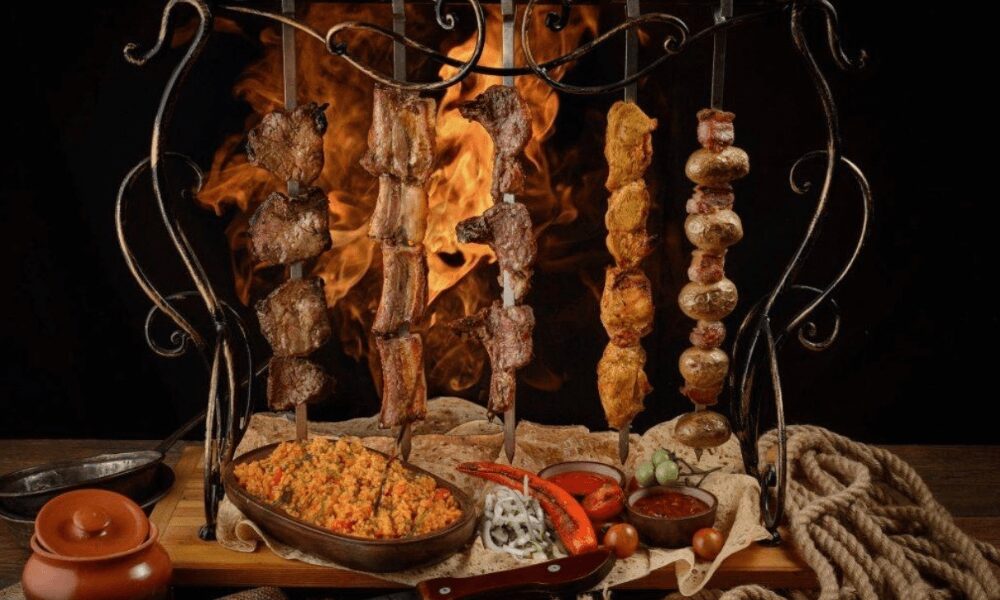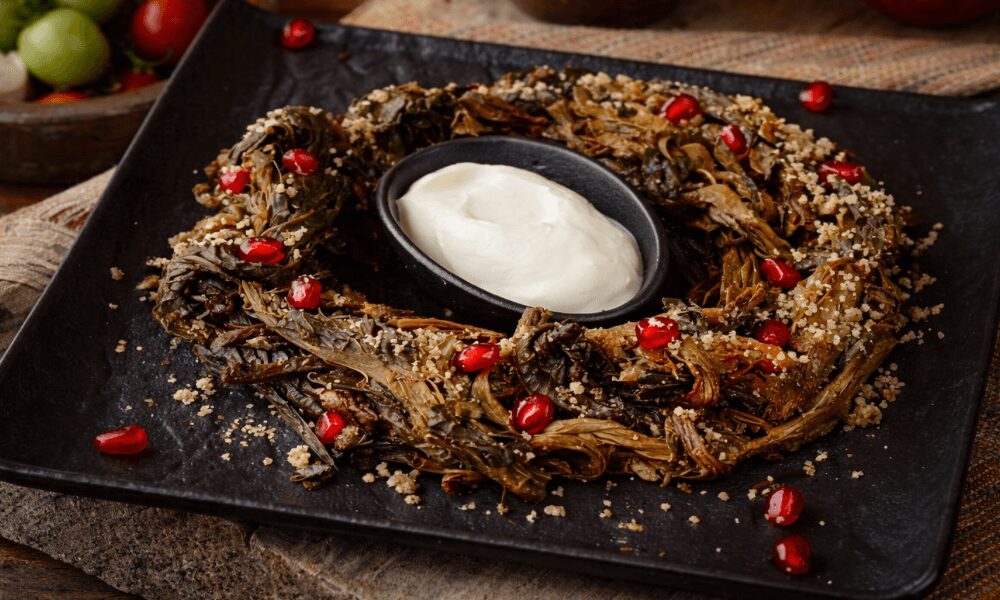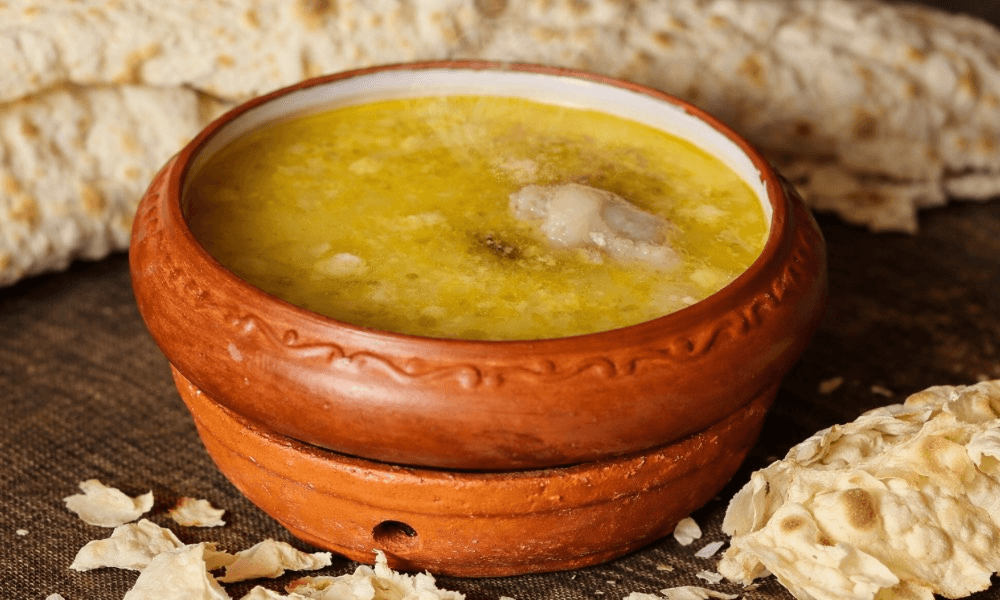
Nazuk vs. Gata: A Comprehensive Comparison of Two Delicious Armenian Dishes
These two delicious Armenian dishes, Nazuk and Gata, have their unique characteristics and distinct histories.
Nazuk: Nazuk is a delicate, light pastry usually filled with almonds, walnuts, or various other toppings. It is shaped into special forms before being filled with delicious fillings. This dish is often served during hospitality events and special occasions. Nazuk has a subtle and mild flavor that often combines the tastes of honey and nuts.
Gata: Gata is a type of pastry typically made from a heavier and richer dough, giving it a robust flavor. It can be prepared from layered or open dough, filled with sugar, butter, and various dried fruits. Gata is very popular during Armenian rituals and holidays, especially in wedding ceremonies. It has a rich, abundant flavor and is often paired with coffee or tea.
Comparison: Nazuk generally has a light and delicate dough, while Gata is heavier and richer. Nazuk is based on nuts or almonds, whereas Gata often incorporates richer and sweeter ingredients. Both are served at various occasions, but Gata is more frequently used during festive events. Nazuk has a subtle and mild flavor, while Gata is richer in taste. Thus, both Nazuk and Gata have their special places in Armenian cuisine, each with its unique emphasis.
Nazuk
Nazuk is a traditional Armenian pastry known for its delicate and light structure. It is a delicious dish often used during various events. The history of Nazuk goes back a long way and is dedicated to Armenian national traditions. It has been particularly popular in Armenian villages, where it was prepared for special family holidays or occasions.
Nazuk is primarily made from the following ingredients: the dough is usually light and delicate, made from flour, water, butter, and sugar. It is typically filled with ground walnuts or almonds and may also contain cinnamon, sugar, or honey to enhance the flavor. Although there are various methods for preparing Nazuk, it is often pre-rolled to make the filling denser and tastier.
The dough is prepared in advance and allowed to rest. The filling is made by grinding the nuts and adding the remaining ingredients. The dough is divided into small pieces, shaped into spirals or other forms, and then filled with the prepared filling. It is baked until golden and fragrant. Nazuk is often served on festive tables during occasions such as weddings, birthdays, and other joyful events. It is frequently paired with Armenian honey or coffee, adding to the rich flavor experience.
Nazuk is known for its delicate, mild, yet rich taste, pleasing to all. It can be prepared in various ways depending on preferences and traditions. Thus, Nazuk is not only a delicious dish but also an essential part of Armenian culture, found at various holidays and events.
Cultural Significance
Traditional desserts, including Nazuk, play a crucial role in Armenian culture, as they are not just a means of nourishment but also hold social, cultural, and spiritual significance. They are often prepared during family gatherings for celebrations such as birthdays, weddings, and other important events. They symbolize unity and love within the family.
The process of making Nazuk is connected to the preservation of national identity and traditions. This process, passed down through generations, highlights the rich history of Armenian culture. Nazuk is often served as a gesture of hospitality when welcoming guests, which is important in Armenian culture. It symbolizes attentiveness and heartfelt respect towards guests. The ingredients of Nazuk, including walnuts and sugar, provide the dessert with a rich flavor, showcasing the diversity and creativity of Armenian cuisine. Like other traditional desserts, Nazuk helps to foster cultural connections and ideas that contribute to the preservation of national identity.






